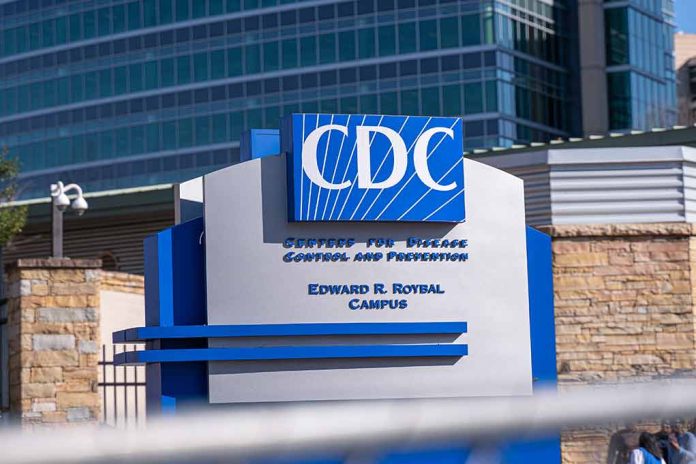
Trump’s victory heralds a seismic shift in U.S. health policy, with Robert F. Kennedy Jr. poised to spearhead a radical overhaul of federal health agencies.
At a Glance
- Donald Trump’s election win sets the stage for major reforms in health agencies and policies
- Robert F. Kennedy Jr. is slated for a key role in restructuring federal health institutions
- Plans include terminating top-level workers at FDA and CDC, and eliminating FDA’s nutrition departments
- Trump aims to ban gender-affirming care for minors and reduce healthcare costs
- Proposed reforms face criticism from opponents, including Vice President Kamala Harris
Trump’s Health Policy Revolution
With Donald Trump’s return to the White House, the landscape of American health policy is set for a dramatic transformation. The president-elect has made it clear that reforming public health institutions, federal health programs, and reducing system costs are top priorities. Unlike his previous term, Trump is now eyeing Robert F. Kennedy Jr. as a potential key figure in reshaping health, medicine, and food policy.
Trump’s vision for health care reform is both ambitious and controversial. He plans to bar federal funding for gender-affirming care and ban it for minors, a move that aligns with his conservative base but has drawn criticism from LGBTQ+ advocates. While he doesn’t intend to repeal the Affordable Care Act, Trump aims to reduce costs within the existing framework, potentially through the reintroduction of short-term health plans.
Kennedy’s Radical Agenda for Health Agencies
Robert F. Kennedy Jr.’s potential role in the Trump administration has sent shockwaves through the health policy community. Kennedy, known for his controversial stances on public health issues, has outlined an aggressive plan to overhaul key health agencies, including the FDA, CDC, and NIH.
Kennedy’s plans include terminating certain top-level federal service workers at the FDA and CDC, and completely eliminating the nutrition departments at the FDA. He criticizes the disparity in food ingredient standards between the U.S. and Canada, suggesting that American consumers are being exposed to potentially harmful substances. This aggressive stance has both supporters and detractors, with Vice President Kamala Harris accusing Kennedy of promoting “junk science” and conspiracy theories.
Tackling Chronic Diseases and Healthcare Costs
A central focus of the Trump-Kennedy health policy appears to be addressing chronic diseases, particularly in children. Trump has proposed forming a commission to investigate chronic illnesses, with a specific emphasis on food policy and environmental factors. This aligns with Kennedy’s long-standing concerns about the impact of environmental toxins on public health.
On the healthcare cost front, Trump has vowed to tackle high prescription drug prices and increase transparency in drug pricing and negotiations. He’s also targeting pharmacy benefit managers, seen by many as a key factor in inflating drug costs. These moves, coupled with proposed tax credits for long-term caregivers, signal a multi-pronged approach to reducing overall healthcare expenses for Americans.
Challenges and Controversies Ahead
The proposed health policy reforms are not without their challenges and controversies. While Trump has the support of a Republican Senate, control of the House remains undecided, which could impact the administration’s ability to implement sweeping changes. Moreover, the radical nature of some proposals, particularly those championed by Kennedy, has already drawn fierce criticism from political opponents and some health experts.
“I want to be in the position where I’m most effective to end the chronic disease epidemic. And I’m confident that if I wanted to do HHS secretary, the president would fight like hell to make that happen.” – Robert F. Kennedy Jr.
As the Trump administration prepares to take office, the future of American health policy hangs in the balance. With Robert F. Kennedy Jr. potentially at the helm of major health agencies, we can expect a period of significant upheaval and reform. Whether these changes will lead to improved public health outcomes or create new challenges remains to be seen. One thing is certain: the landscape of American healthcare is about to undergo a profound transformation.






















